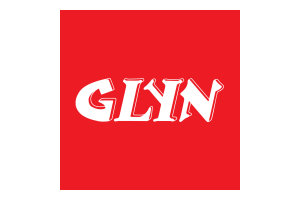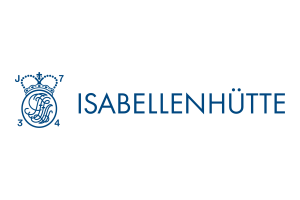Google and Labster
Virtual 3D Laboratory for Students
In a cooperation between Google and Labster, the provider of laboratory simulations, an app for VR-supported laboratory simulation has been developed. Arizona State University will use it to offer a complete online course of study in biology in autumn 2018.
The VR simulations give students access to currently more than 30 differently equipped laboratories. You can conduct experiments safely and without major maintenance costs for the university. Additional functions such as a time-lapse or zoom function simplify long-term experiments. Unlike in the real laboratory, experiments can also be rewound in time to correct an error subsequently.
Laboratory simulations are not new. Labster has been developing the software for a long time and it is used at the US universities Harvard, Stanford, and Berkeley, Trinity College in Dublin, and Hong Kong University, among others. Until now, however, these simulations were limited to desktop PCs.
Vom Desktop auf die VR-Brille
In the cooperation with Google, the software was migrated to the VR platform Daydream. Students can use them in combination with VR glasses. Compatibility is given to the models Daydream View (Google) and Mirage Solo (Lenovo).
The VR version was developed in cooperation with Arizona State University. It checked the virtual laboratory equipment and the teaching content. The university, which already offers various online courses of study, has announced a pure online course of study for a degree in biology starting in autumn of 2018. For this course of study, VR laboratory simulations for cellular and molecular biology and animal physiology are integrated into the curriculum.





